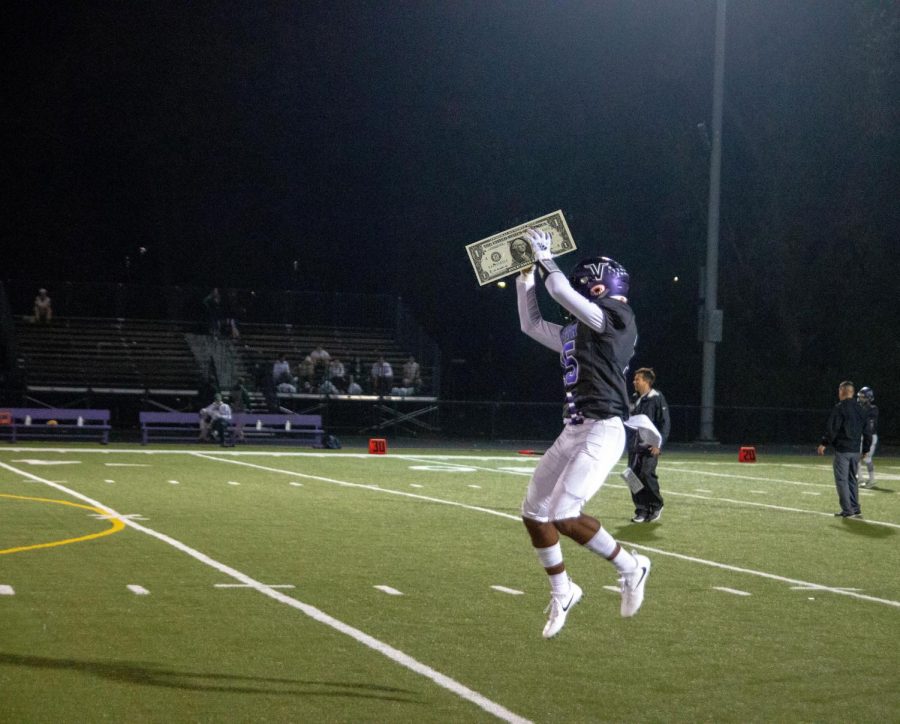Now in a day and age where most teenagers text, I find myself missing the days when I would call my friends on my landline and talk for hours.
Although I often text more than call myself, there’s no question I prefer to call. However, now that texting has become the more acceptable medium of communication, I have often found that people who will refuse to answer a call will respond to a text. This behavior is both irritating and inefficient, and for this reason and many others, I am advocating a recall of this texting monoploy.
There are, however, advantages to texting. If you need essential information, like the address of an event or the time of a meeting, texting can be an easy means to derive it. A text can also be referred back to whenever that information is needed once again. With this being said, when you need information quickly, calling provides the opportunity to direct your question moments after it formulates in your mind and receive a response immediately. Some might argue that texting offers the ability to get an answer without being sucked into conversation, but personally I do not understand why a polite, but firm statement that you are not in a position to talk cannot meet the same ends.
Texting allows people to respond regardless of their environment. Whether they are at work, with company, or watching a movie, people are often not in a position to take a call. Now these are surroundings where it may be considered rude to take a call or answer a text, but since answering a text can be much more easily concealed than taking a call, people can get away with it and do, making the chances of getting a response increase if you text instead of call someone. Although this is a benefit that I often exploit on both ends, it is a benefit that brings me to two side effects.
One side effect is that people are texting in settings where it may be inappropriate for them to be, and people correspondingly hold each other to otherwise unfair expectations to respond in a timely matter.
Another side effect, in terms of texting for solely social purposes, is that the people either direct their focus less to their immediate surroundings and more to their cell phones or text lame, distracted, or half-interested responses. In some cases, people end up being half attentive to both the outside world and the conversation. In this case, they are not “double tasking;” they are just miss out.
If the same conversation is maintained over the phone, it will force each person to either focus their attention on each other or elsewhere, leading them to either end the call, even if for a moment, or have an undoubtedly more engaging conversation.
Many people prefer texting for the ability to put thought into their text messages, to edit and revise until the original thoughts they wished to express have become photoshopped words that scarcely resemble their true ones. There is a certain genuine and intimate character of a phone call that a text message cannot and will never have. A sweet text might make a heart throb, a witty text might bring a smile, but the sound of another person’s voice changing and shifting brings a better understanding of each other on both ends.
They say once you say words you didn’t mean to say, you can never take it back, but when you send a text message you really cannot take it back. It can be shown to anyone under the sun; nothing you text is private and although phone calls can be tapped, they can tapped by an invasive government, not by that guy or girl in your bio class or your suspicious mother. In a conversation, you can quickly rephrase yourself before the damage can set. Your tone of voice, if nothing else, can illustrate that you did not mean any harm, were simply sarcastic, or in a bad mood entirely unrelated to the other person. The same sentence that is a joke over the phone can be taken as a sneer over texting.













